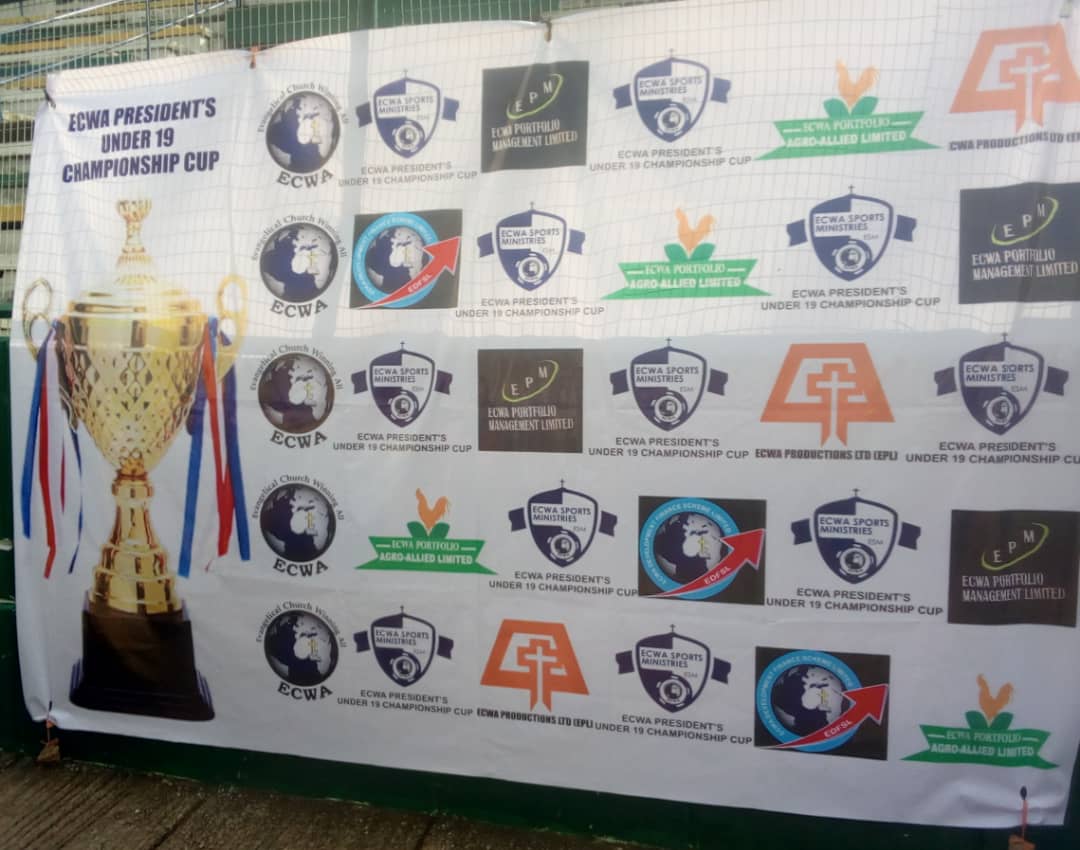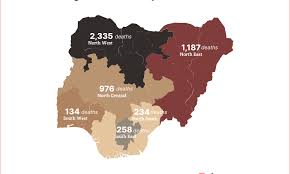PLSG to Distribute over 2.9m Insecticide Treated Nets
Our Reporter
In an effort to reduce the burden of malaria in Plateau the state, the State Government, through the State Ministry of Health is to distribute Two Million, Nine Hundred and Ninety-Eight Thousand, Six Hundred Insecticide-Treated Nets to households from 13 to 19 April 2024.
The distribution of the ITNs would be in collaboration with the National Malaria Elimination Programme (NMEP), the United States President’s Malaria Initiative (PMI) and Against Malaria Foundation (AMF).
Malaria, a disease transmitted to people through the bites of infected female Anopheles mosquito and can be life-threatening to children less than 5 years and pregnant women.
Records have shown that malaria remains the most common cause of absenteeism from schools, offices, farms and markets thereby resulting in lower productivity.
Health experts have posited that the disease exerts huge social and economic burden on communities in Nigeria, hence billions of Naira are lost to malaria in form of treatment cost, prevention and loss of human hours.
Reports have shown that Nigeria accounts for over 66 million malaria annually and that an estimated 30 per cent of child and 11 per cent of maternal deaths each year are caused by malaria.
As part of activities to kickstart the Insecticide-Treated Nets (ITNs) Mass Campaign in Plateau State, a media parley was held to provide opportunities for journalists to gain insights into the State Insecticide Treated Nets Campaign, orientate them on malaria prevention and control with special emphasis on use of ITNs, motivate media practitioners to also develop more interests in the coverage and reporting on the campaign as well as get them to join in the national crusade for a “A Malaria-free Nigeria.”
The parley which brought together journalists from both print, electronic and new media featured paper presentations on the role of the media in ITN Mass Campaign, Tips on proper net hanging and use, overview on ITN mass campaign among others.
In a presentation on the objectives and expectations, Plateau State Health Educator, Mrs. Jerusha Takwe tasked journalists to develop more interest in the coverage and reporting on pre- during and post campaign activities.

Mrs. Takwe urged media practitioners to join in the ongoing national crusade towards ensuring a malaria -free Nigeria.
Giving an overview on the ITN Mass Campaign Process, Malaria and TB Program Officer, Breakthrough ACTION Nigeria, Mrs. Linda Osaji posited that malaria prevention is cheaper than treatment.
She described ITNs distribution campaign as “one of the major strategies to deliver nets to the entire population, with the goal to scale up coverage and utilization of ITNs as a strategy for malaria control.”
Osaji added that ITN mass distribution is done every 3-34 years in each state to maintain universal coverage, and this, according to her, was due to the life span of the net and its physical condition.
Said she: “ITN mass campaign commenced in May 2009. Kano and Anambra were used as pilot states.
“The first round of mass campaigns was between 2009 and 2013, using a strategy of two nets for every household in the country.
“The second phase of campaigns started in December 2013 in Sokoto State using the WHO recommendation of ITN for every two people in a household.
“Over 300 million ITNs have been distributed in Nigeria.”
In his presentation on the role of the media in ITN mass campaign, a member of the Campaign Technical Assistance Team, Mr. Eze Eze tasked journalists to always keep malaria related issues on the front burner of health news by providing adequate publicity before, during and after the campaigns.
There were goodwill messages from the State Commissioner for Health, Society for Family Health, among others.
Checks by this magazine indicates that prior to the commencement of distribution, every household must be registered and issued an e-token slip that would entitle them to a free net. The registration exercise will start from 22 to 28 March 2024 while the distribution of the free nets will be from 13 to 19 April 2024.
During the distribution, a representative of each household is expected to go to the distribution point indicated on their e-token slips to collect the free nets.
The implementation is being carried out by Global Health Supply Chain-Procurement and Supply Management (GHSC-PSM) and Breakthrough ACTION-Nigeria (BA-N).
Sleeping inside an Insecticide-Treated Net is one of the best ways to prevent malaria. We can reduce the burden of malaria in Plateau State, when each one sleeps inside an ITN every night.






Post Comment